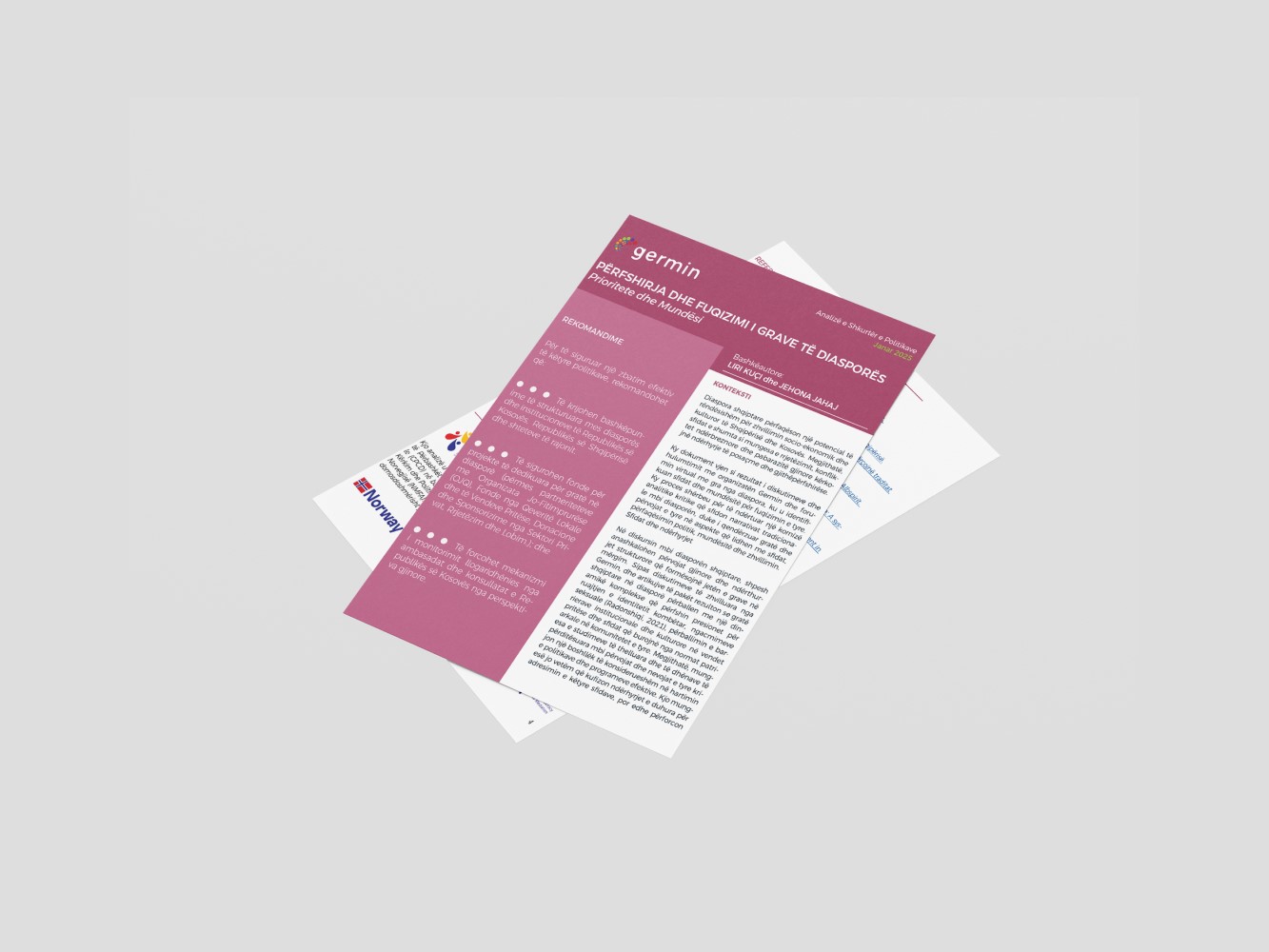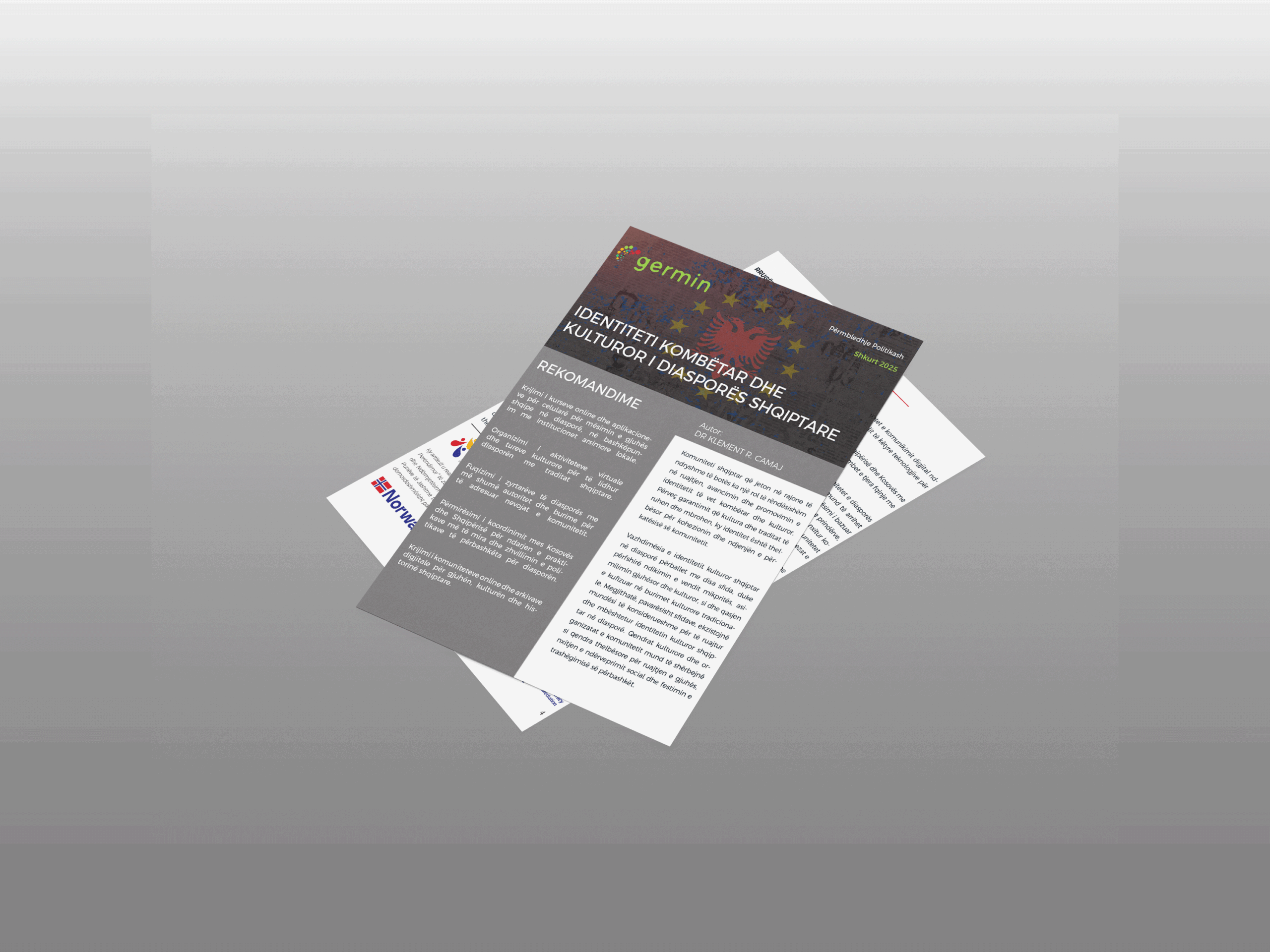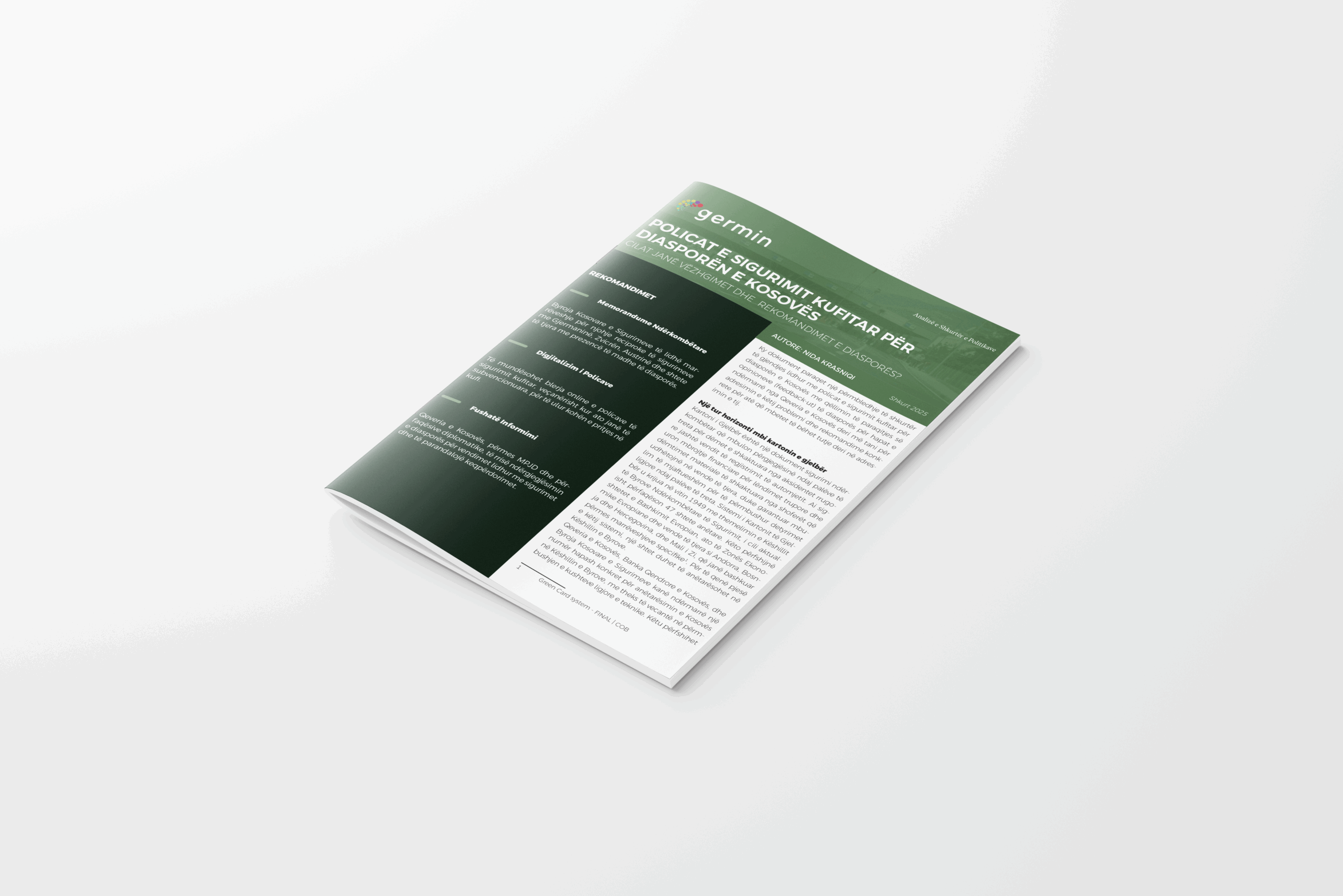Qytetarët e Republikës së Kosovës që jetojnë jashtë vendit kanë të drejtë të votojnë dhe të zgjidhen po ashtu si çdo qytetar tjetër që jeton në Kosovë. Republika e Kosovës, përmes Kushtetutës dhe legjislacionit të saj, mundëson ushtrimin e të drejtave zgjedhore për të gjithë qytetarët pa dallim, pavarësisht vendndodhjes ku jetojnë. Të drejtat zgjedhore përfshihen brenda kornizës së të drejtave themelore dhe garantohen nga Kushtetuta e Republikës së Kosovës, ligjet në fuqi, si dhe nga konventat dhe dokumentet ndërkombëtare.
Në Kosovë, votimi jashtë vendit lejohet për të gjitha llojet e zgjedhjeve. Qytetarët jo banues mund të votojnë me postë në zgjedhjet lokale ose qendrore, pasi të jenë regjistruar me sukses në Komisionin Qendror të Zgjedhjeve (KQZ). Megjithatë, edhe pse numri i qytetarëve që jetojnë jashtë vendit është i madh dhe interesi për të votuar nga jashtë është rritur me kalimin e viteve, pjesëmarrja e tyre në zgjedhjet në Kosovë vazhdon të jetë një proces i komplikuar, i ndjekur nga probleme të përsëritura.
Votimi jashtë vendit që nga zgjedhjet e para pas shpalljes së pavarësisë nuk është trajtuar me prioritet, dhe problemet e raportuara gjatë cikleve zgjedhore nuk janë adresuar mjaftueshëm. Kjo ka vështirësuar pjesëmarrjen e potencialit zgjedhor jashtë vendit në proceset demokratike në Republikën e Kosovës, duke ndikuar edhe në uljen e besueshmërisë ndaj institucioneve.
Pavarësisht vlerësimeve pozitive për përparimin e zgjedhjeve brenda vendit, votimi jashtë vendit vazhdon të jetë problematik gjatë proceseve zgjedhore në Kosovë. Problemet me regjistrimin, dorëzimin dhe pranimin e fletëvotimeve nga jashtë, si dhe mungesa e informacionit dhe edukimit të duhur të votuesve, kanë shoqëruar pothuajse çdo cikël zgjedhor. Këto dhe probleme të tjera nuk janë adresuar nga institucionet përkatëse, dhe ndryshimet sipërfaqësore si mundësia për aplikim për regjistrim me email nga viti 2017 nuk kanë përmirësuar procesin, gjë që u dëshmua edhe në zgjedhjet e 14 shkurtit 2021.
Kjo analizë synon të adresojë pengesat në procesin e votimit jashtë vendit dhe ofron një përmbledhje të detajuar të të gjitha operacioneve zgjedhore brenda tij. Analiza paraqet të dhënat dhe rezultatet e votimit jashtë vendit gjatë zgjedhjeve të fundit për Kuvendin e Kosovës në vitin 2021.
Mund ta lexoni/shkarkoni Analizën duke klikuar mbi lidhjet më poshtë. Ajo është në dispozicion në: shqip dhe anglisht.
Alb: Analiza e votimit nga jashtë vendit – Zgjedhjet për Kuvendin e Kosovës – 14 Shkurt 2021



